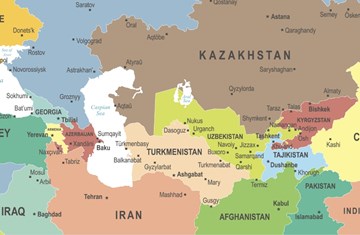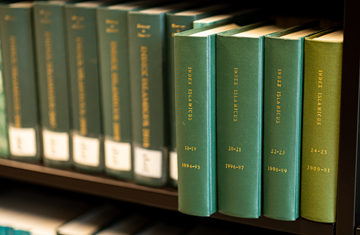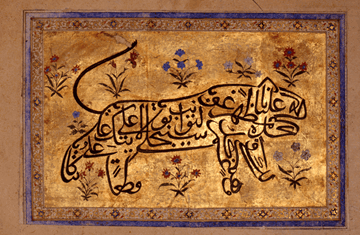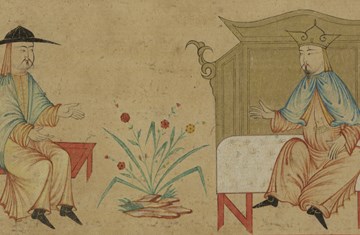IIS launches New Shi‘i Studies Lecture Series
The Institute launched a new Shi‘i Studies Lecture Series which explores the history, doctrines and practice of Shi‘i Islam. The first lecture of this series, entitled Al-Hasan b. Musa al-Nawbakhti, Shi‘i Mutakallim or Philosopher? was given by Professor Wilferd Madelung, Senior Research Fellow at the IIS and Professor Emeritus, University of Oxford.
In his lecture, Professor Madelung explored the work of Al-Hasan ibn Musa al-Nawbakhti (died ca. 920 CE). A Twelver Shi‘i author and member of an eminent family of astronomers and astrologers, al-Nawbakhti has been chiefly known for his book on the early Shi‘a communities down to the Occultation of the Twelfth Imam of the Shi‘a Ithna‘asharis.
Early on, Al-Nawbakhti was described as a kalam (lit. “the science of debate”; often translated as Islamic theology) theologian and philosopher. However, a closer examination of his religious and philosophical beliefs shows that, in fact, he entirely rejected the cosmological views of Plato and Aristotle about a semi-divine higher world as well as the practice of astrology. His position was close to that of the Mu‘tazili theologians in their opposition to the star worship of the Sabians of Harran.
The second lecture of the series was given by Professor Mohammad Ali Amir-Moezzi, Senior Research Fellow at the IIS and Professor, Ecole Pratique des Hautes Etudes, Sorbonne. Prof. Amir-Moezzi’s lecture was entitled, Imam as the Manifestation of the Names of God, in which he argued that Shi‘i literature contains a number of sermons attributed to Imam ‘Ali ibn Abi Talib in which he speaks of himself as the manifestation of the attributes of God. These sermons are apocryphal and would seem to be quite late, given that the first texts related to them date to the late 9th century CE.
With the passage of time, the texts become increasingly substantial in number. From the many sermons, three titles emerge as the most prominent: khutbat al-bayan, khutbat al-iftikhar and al-khutbat al-tatanjiyya. Twelver ‘orthodoxy’, dominated by what is known as the ‘moderate rational’ tendency, generally considers that these texts belong to ‘heretical’ currents of ‘extremist’ Shi‘ism and thus dissociates itself from them. However, the older Twelver sources of traditions attributed to the Shi‘i imams, which have been principally preserved by the ‘esoteric non-rational’ tendency, contain many sayings and doctrines concerning the imams that seem to prepare the ground for and foreshadow these particular sermons.
Professor Amir-Moezzi gave a presentation of the sermons’ history through the sources. He then translated the text of one of the sermons which had been recorded by Ja‘far al-Kashfi and is seemingly a synthesis of the three sermons.
Further information on the upcoming lectures in the Shi‘i Studies Lecture Series can be found on the Forthcoming Events page.










